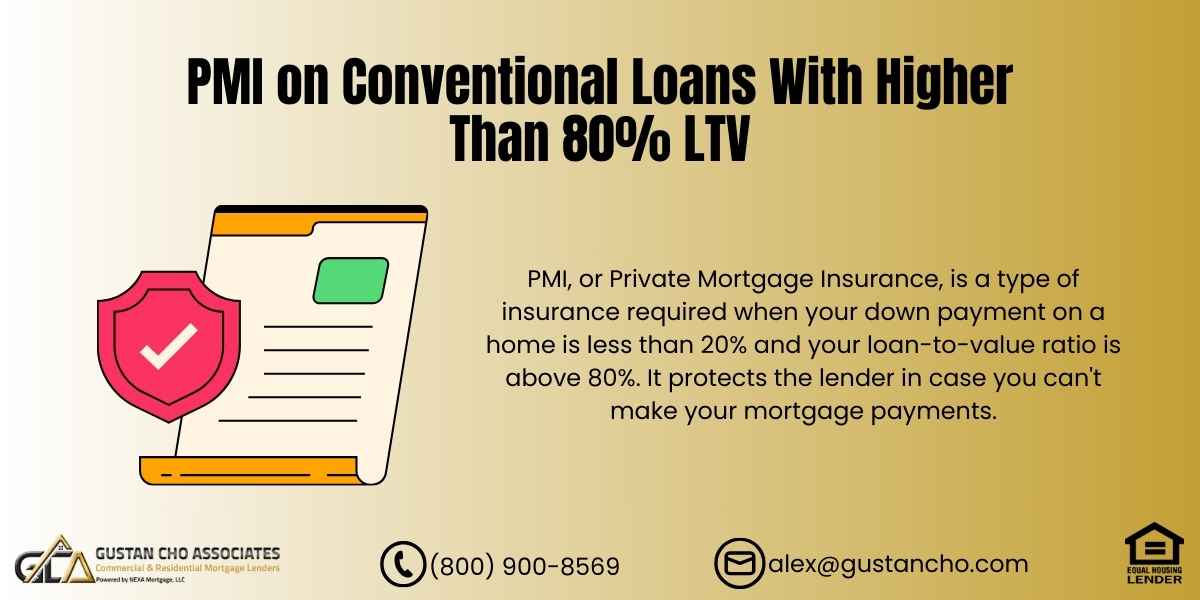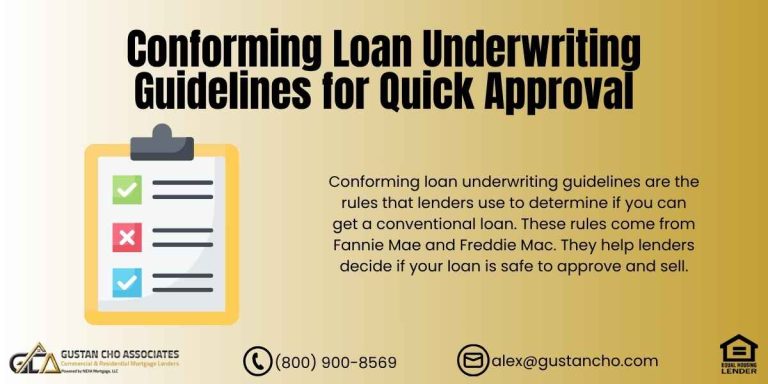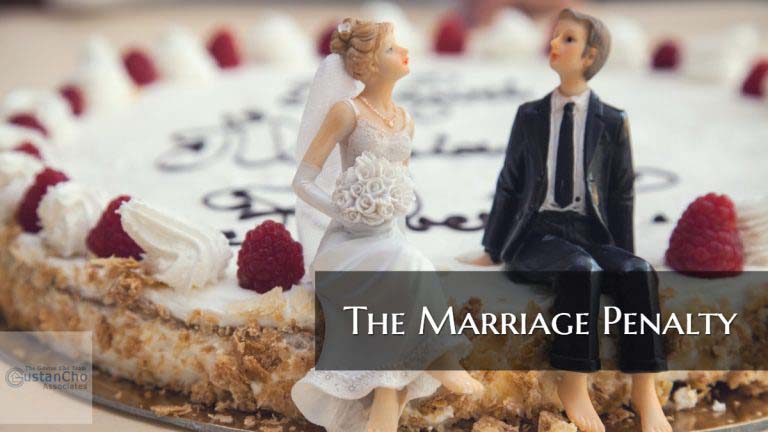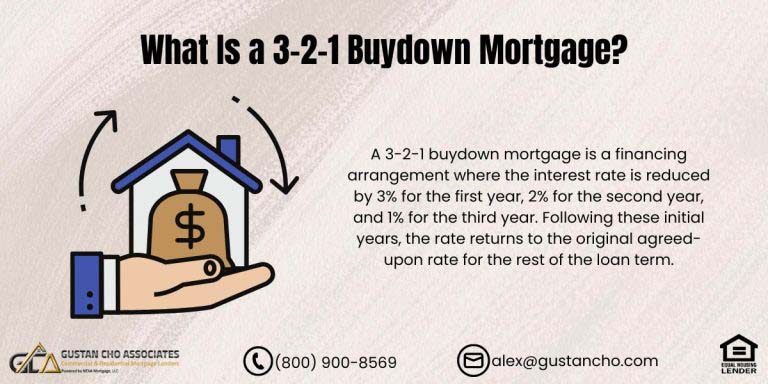Understanding PMI on Conventional Loans: Your Essential Guide for 2024
When you’re looking to buy a home or refinance one, understanding the ins and outs of mortgage payments is crucial. One term that often pops up is PMI or Private Mortgage Insurance. This guide will walk you through everything you need about PMI on conventional loans, especially if your Loan to Value (LTV) ratio is above 80%.
Let’s break down what this means for you in 2024, using simple, everyday language to make sure you’ve got all the details you need.
What is PMI?
Private Mortgage Insurance (PMI) is an important consideration if you’re planning to secure a conventional loan with a down payment of less than 20% of your home’s purchase price. This is because lenders view loans with smaller down payments as riskier investments. While PMI serves to protect the lender in case you stop making your payments, it’s good to know your options. Remember, understanding these details can empower you to make informed decisions about your mortgage!
Why is PMI on Conventional Loans Needed?
PMI on conventional loans is required when your loan-to-value (LTV) ratio is more than 80%. This means if you’re borrowing a large amount compared to the home’s value, lenders want some extra protection. PMI helps keep the lender safe but also makes it easier for more people to get approved for a mortgage. With PMI, even if you have a smaller down payment, you can still buy a home and work toward your goal of homeownership.
How Much Does PMI Cost?
When looking at PMI on conventional loans, it’s good to know that the cost can change based on a few key things. Usually, PMI costs between 0.3% and 1.5% of your loan amount each year. Here’s what can affect how much you pay:
- Credit Score: A higher credit score could qualify you for a more favorable PMI rate, making your payments more manageable.
- Loan Size: The amount of money you borrow can also affect your PMI. Bigger loans may come with higher PMI costs.
- Down Payment: When you opt for a smaller down payment, your loan-to-value (LTV) ratio will go up. Remember, a higher LTV may lead to increased private mortgage insurance (PMI) costs. It’s important to consider how this affects your monthly payments and budget.
- Type of Home: PMI is generally cheaper for single-family homes than for condos or multi-unit properties.
Understanding these factors can help you plan for the overall costs of your loan!
Start Your Process Towards Buying A Home
Apply Online And Get recommendations From Loan Experts
When Can You Stop Paying PMI?
Great news! You won’t have to deal with PMI indefinitely. Once your loan-to-value (LTV) ratio hits 78% by paying down your loan, PMI will typically be canceled automatically. Additionally, if you make extra payments to reduce your principal balance more quickly, you can request an earlier cancellation. This option gives you greater control over your costs and can lead to significant savings.
Types of PMI: What’s Best for You?
Understanding PMI on conventional loans can help you make the best choice for your situation. Here’s a breakdown of the different types:
- Borrower-Paid Mortgage Insurance (BPMI): This is the most common type. You pay a monthly fee for PMI along with your mortgage payment. The good news is that you can stop paying for it once your loan-to-value (LTV) ratio drops to 80%.
- Single-Premium Mortgage Insurance (SPMI): With this option, you pay all your PMI upfront as a one-time payment at closing. If you have some extra cash, this can save you from monthly fees and might work well for you.
- Lender-Paid Mortgage Insurance (LPMI): In this case, the lender covers the PMI cost, but you’ll usually face a higher interest rate on your loan. It’s straightforward, but in the long run, you might pay more because of those higher interest costs.
Choosing the right type of PMI for conventional loans depends on your unique financial situation and individual preferences! It’s important to understand your options to make the best decision for your needs.
Mortgages Backed By Government Agencies
Here are the government mortgage insurance providers to mortgage companies:
- Federal Housing Administration ( FHA )
- The United States Department of Veteran Affairs ( VA )
- Farmers Home Administration ( FmHA )
PMI vs. FHA Loans: What’s Different?
When looking at home loans, it’s important to understand the difference between PMI on conventional loans and insurance on FHA loans. PMI on conventional loans is for those who put down less than 20% for their home purchase. It protects the lender if you can’t pay back the loan.
On the other hand, FHA loans have their own type of insurance. This includes a one-time payment when you close on the home and a monthly fee that you’ll pay every month. The key thing about FHA mortgage insurance is that everyone pays it, regardless of how much they put down or their credit score. If you put down less than 10%, you’ll keep paying this insurance for the life of the loan.
So, whether you go with PMI on conventional loans or FHA insurance, it’s important to know what you’ll pay monthly!
How to Avoid Paying PMI?
If you’re looking to save and avoid PMI, here are a few strategies:
- Save for a bigger down payment: 20% or more means you won’t need PMI.
- Consider a piggyback loan: This is where you take a smaller second mortgage to cover your down payment.
- Boost your home’s value: If your home value increases, your LTV might decrease enough to cancel PMI.
Take First Step Toward Making Your Dream A Reality
Apply Online And Get recommendations From Loan Experts
Getting the Right Loan with Gustan Cho Associates
At Gustan Cho Associates, we know that mortgage terms can be confusing. That’s why we’re here to help you through the home-buying or refinancing process. Whether you’re trying to understand PMI on conventional loans, looking at different loan options, or need some advice, our team is ready to offer friendly and clear support.
Ready to Talk?
Even on weekends or holidays, we’re here for you. If you want more details or are ready to discuss your mortgage options, call or text 800-900-8569 or email alex@gustancho.com to learn more about your loan options with Gustan Cho Associates. Buying a home is a big step, but you don’t have to do it alone!
Talk To Us Even in weekend or holidays, click here to get more detail about your loan
Frequently Asked Questions About PMI on Conventional Loans:
Q: What is PMI on Conventional Loans?
A: PMI, or Private Mortgage Insurance, is a type of insurance required when your down payment on a home is less than 20% and your loan-to-value ratio is above 80%. It protects the lender in case you can’t make your mortgage payments.
Q: Why do I Need PMI on My Conventional Loan?
A: Lenders require PMI on conventional loans to safeguard themselves against the risk of loan default, especially when the down payment is less than 20%. It makes it easier for you to qualify for a loan even with a smaller down payment.
Q: How Much Does PMI Typically Cost on a Conventional Loan?
A: PMI can cost between 0.3% and 1.5% of your loan amount annually. Your credit score, the amount of your loan, your down payment, and the property type you’re interested in can all play a significant role in determining the final cost.
Q: Can I Avoid Paying PMI on My Conventional Loan?
A: Yes, you can avoid PMI by making a down payment of 20% or more, considering a piggyback loan, or increasing your home’s value to lower the LTV ratio.
Q: When Can I Stop Paying PMI on My Conventional Loan?
A: You can stop paying PMI once your LTV ratio reaches 78% through regular payments. Alternatively, you can request its removal at 80% LTV if you make extra payments to reduce your loan balance faster.
Q: What are the Different Types of PMI Available?
A: The main types are Borrower-Paid Mortgage Insurance (BPMI), where you pay monthly; Single-Premium Mortgage Insurance (SPMI), paid upfront; and Lender-Paid Mortgage Insurance (LPMI), where the lender pays, but you may face a higher interest rate.
Q: Is PMI on Conventional Loans Different from Mortgage Insurance on FHA Loans?
A: FHA loans come with mortgage insurance no matter the size of your down payment. In contrast, conventional loans typically require PMI only if your down payment is less than 20%. This means FHA loans include both an upfront premium and annual premiums, making it essential to consider these factors when exploring your options.
Q: How Can I Reduce the Cost of PMI if I Can’t Avoid it?
A: Improving your credit score, saving for a larger down payment, or choosing an affordable property type like a single-family home can help reduce your PMI costs.
Q: What Happens to My PMI if I Refinance My Conventional Loan?
A: If you refinance and your home’s value has increased or you’ve paid down the balance enough to lower your LTV to below 80%, you may not need to pay PMI on your new loan.
Q: How Can I Get More Information or Help with PMI on Conventional Loans?
A: You can talk to our loan officers at Gustan Cho Associates anytime, on weekends or holidays. We’re here to help you understand your options and find the best mortgage solution for you.
This blog about “PMI on Conventional Loans With Higher Than 80% LTV” was updated on December 17th, 2024










